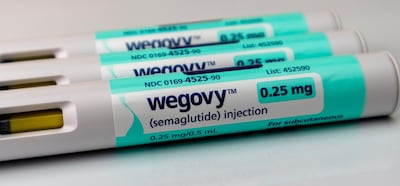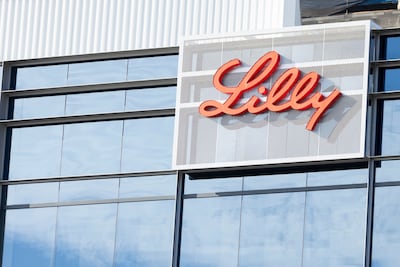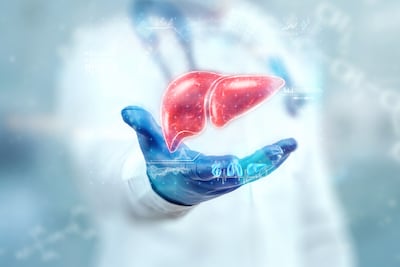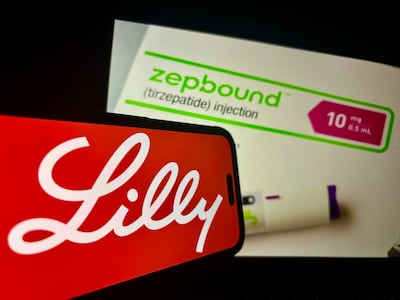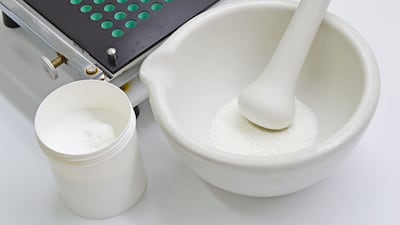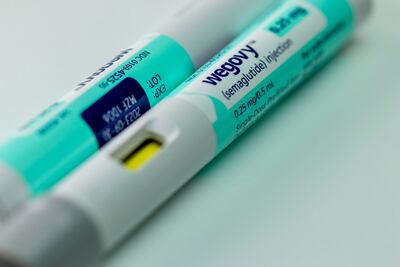Metabolic
The company announced positive Phase II results for tradipitant among patients taking Wegovy, enabling them to move more quickly to a therapeutic dose, when patients normally need to titrate.
The European Medicines Agency has recommend approving Teizeild, paving the way for the first disease modifying treatment for type 1 diabetes in the EU.
The drugmaker presented positive data from its Phase II study at ObesityWeek that help validate the amylin class overall, which includes more than a dozen entrants.
Norucholic acid and leriglitazone, for treating primary sclerosing cholangitis and cerebral adrenoleukodystrophy, respectively, are among 12 new drugs that the European Medicines Agency has started to review for potential EU marketing approval.
Lilly spent much of its earnings call defending orforglipron as analysts lamented its results in obesity versus Novo’s semaglutide, overshadowing strong Q2 revenue growth driven by existing GLP-1/GIP franchise Mounjaro/Zepbound.
LTZ Therapeutics and Beijing Sungen Biomedical are among the Chinese biotechs raising new funding, of around $40m each, based on their clinical assets with novel mechanisms of action. While fundings have risen, they remain moderate however.
The presentation and publication of the Phase IIIb study showing greater efficacy for Zepbound over Wegovy come at a time when competition has been heating up between the two obesity medications.
The end of semaglutide and tirzepatide shortages means large-scale compounding is declining, ICER noted. But compounded versions – and the demand for them – are likely here to stay.
ICER’s new white paper pointed to estimates that the GLP-1 drugs may result in more than $100bn in annual spending, highlighting the need to rein in costs.
Novo is making Wegovy available through a new direct-to-patient delivery option for individuals paying out of pocket for the obesity drug as the potential end of semaglutide compounding nears.
AbbVie is the latest big pharma to buy into the obesity space, licensing an amylin analog from Gubra for $350m up front, while Novo will pursue cardiometabolic targets with Gensaic’s AI-based platform.
Repatha was not an overnight success, but the work Amgen has done to turn its PCSK9 inhibitor into a blockbuster is informing its strategy for Lp(a)-reducing olpasiran and obesity drug MariTide.
